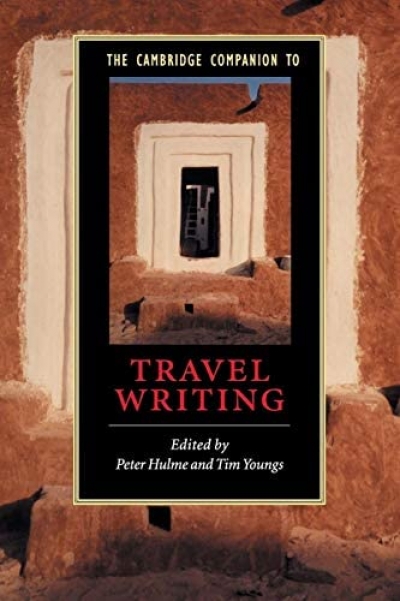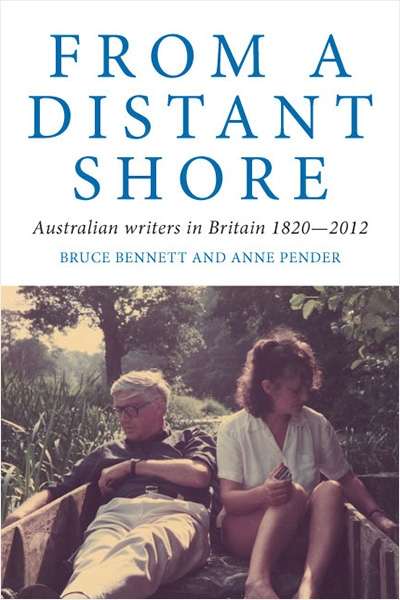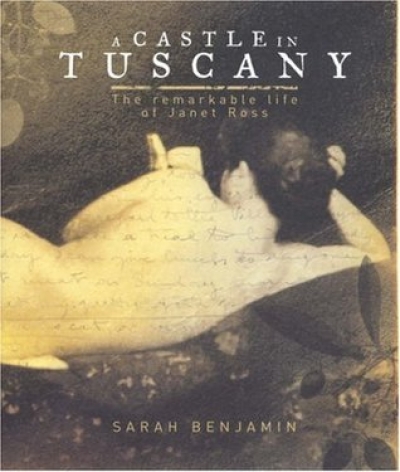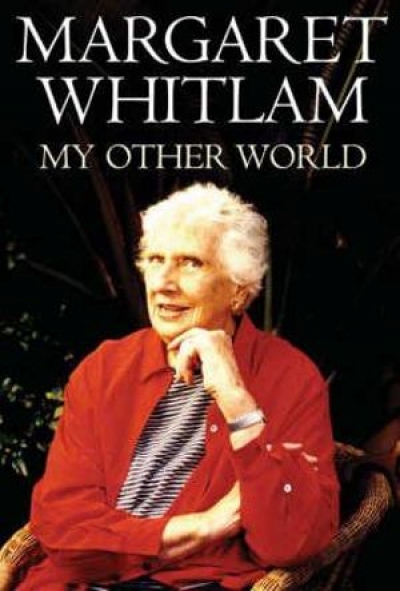From the mid-nineteenth century, the city of Florence and its surrounding hills were home to a large expatriate community in which the British were both prominent and visible – in the English tearooms and English pharmacy, in the waiting rooms of the English doctors and bankers, in the pews of the English Church. The foreigners came to live in a better climate and at less expense, to discover the world and themselves, to write, paint, collect, to escape the restraints – or the failures – of home, and to live unorthodox and unconventional lives. Aldous Huxley, whose enthusiasm for Florence was brief, wrote of this cultural mecca as ‘a third-rate provincial town, colonized by English sodomites and middle-aged Lesbians’. Despite, or because of, Huxley’s view, this English colony and its denizens, who more than adequately memorialised themselves, continue, like Bloomsbury, to be a popular and marketable publishing commodity. In his recent contribution on Florence to The Writer and the City series, David Leavitt suggested that Florence was unusual in that its most famous citizens for at least the past one hundred and fifty years have been foreigners. He then went on to make the foreigners the subject of his biography of the city, Florence: A Delicate Case (2002).
...
(read more)




